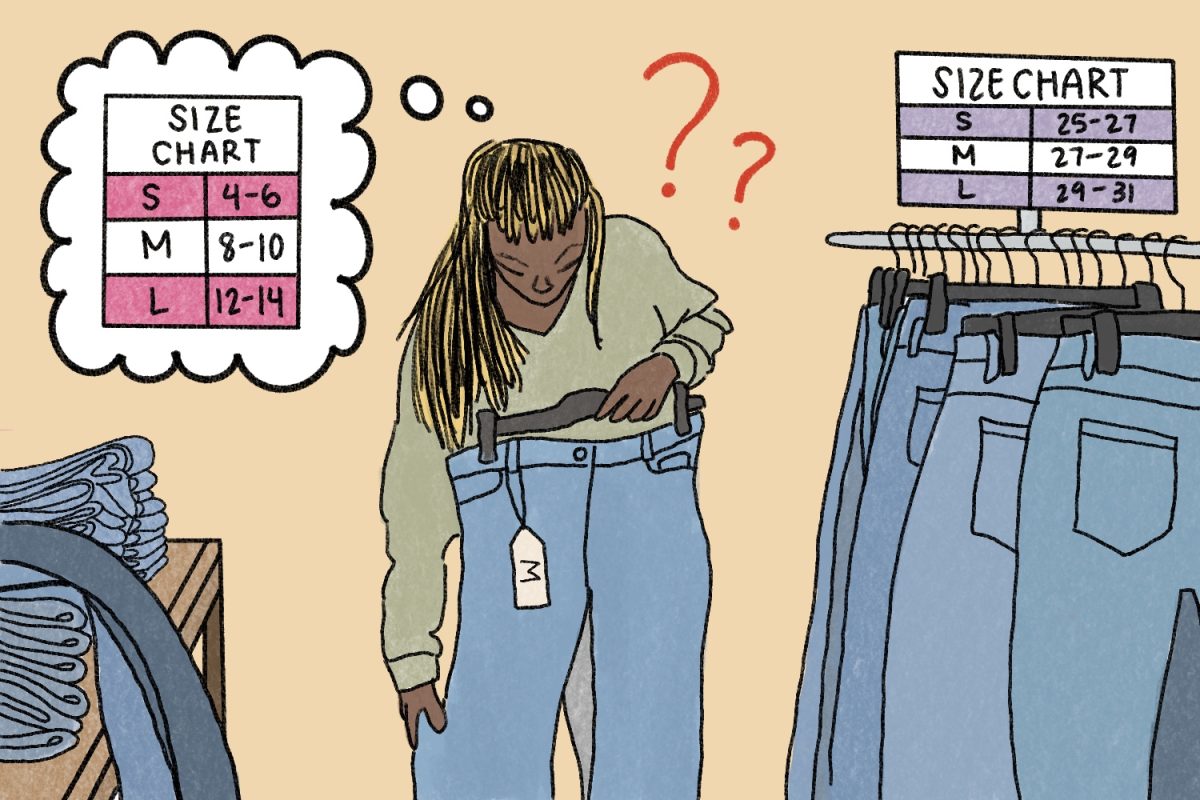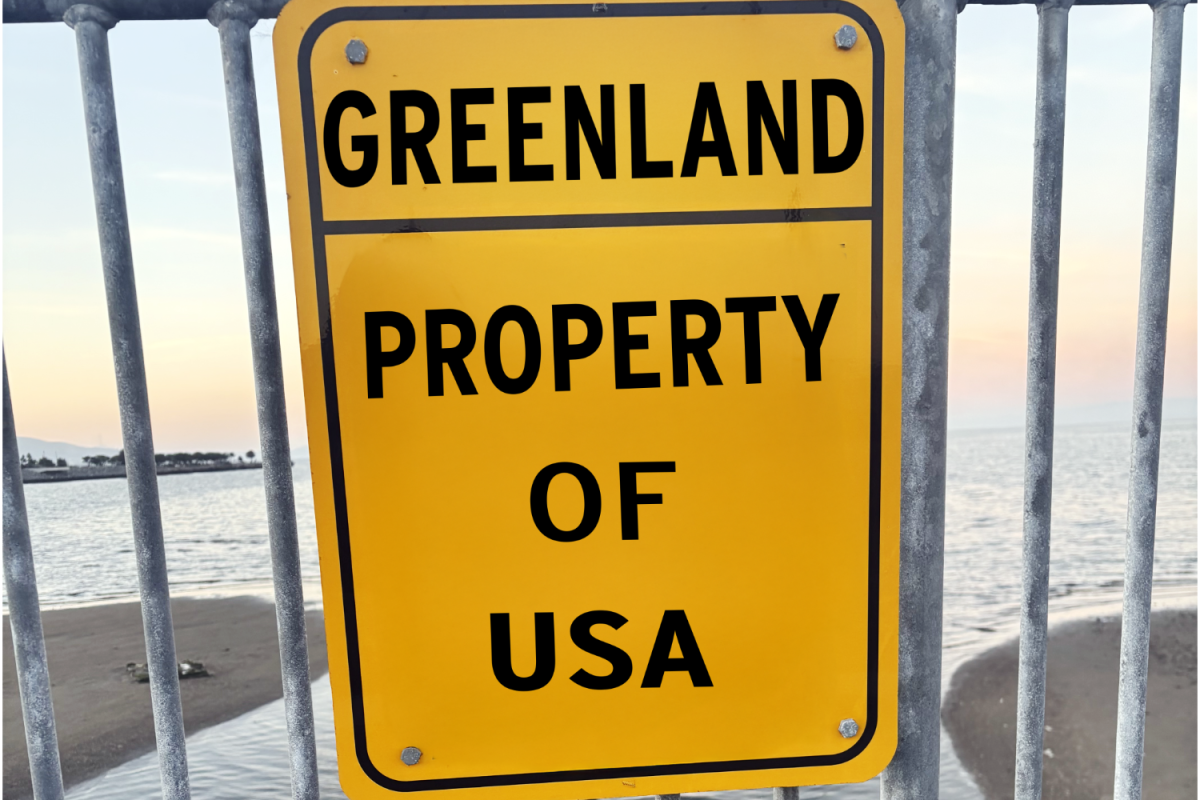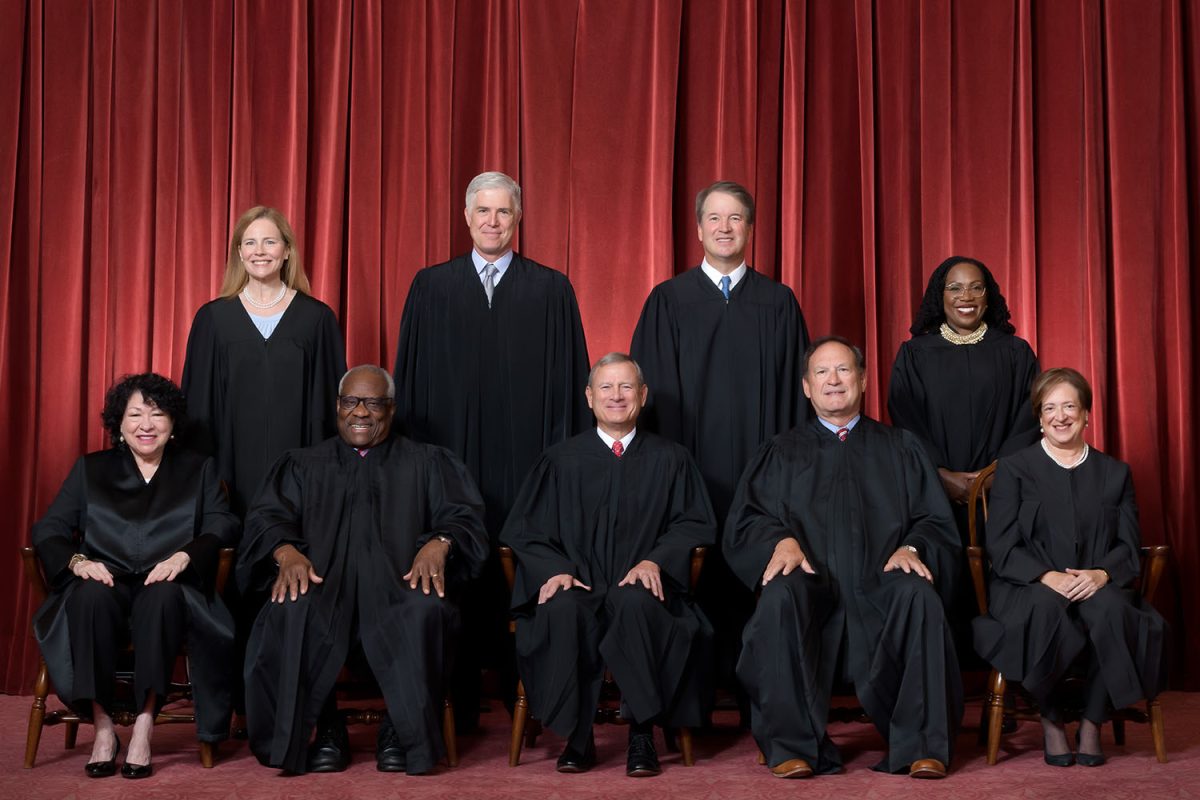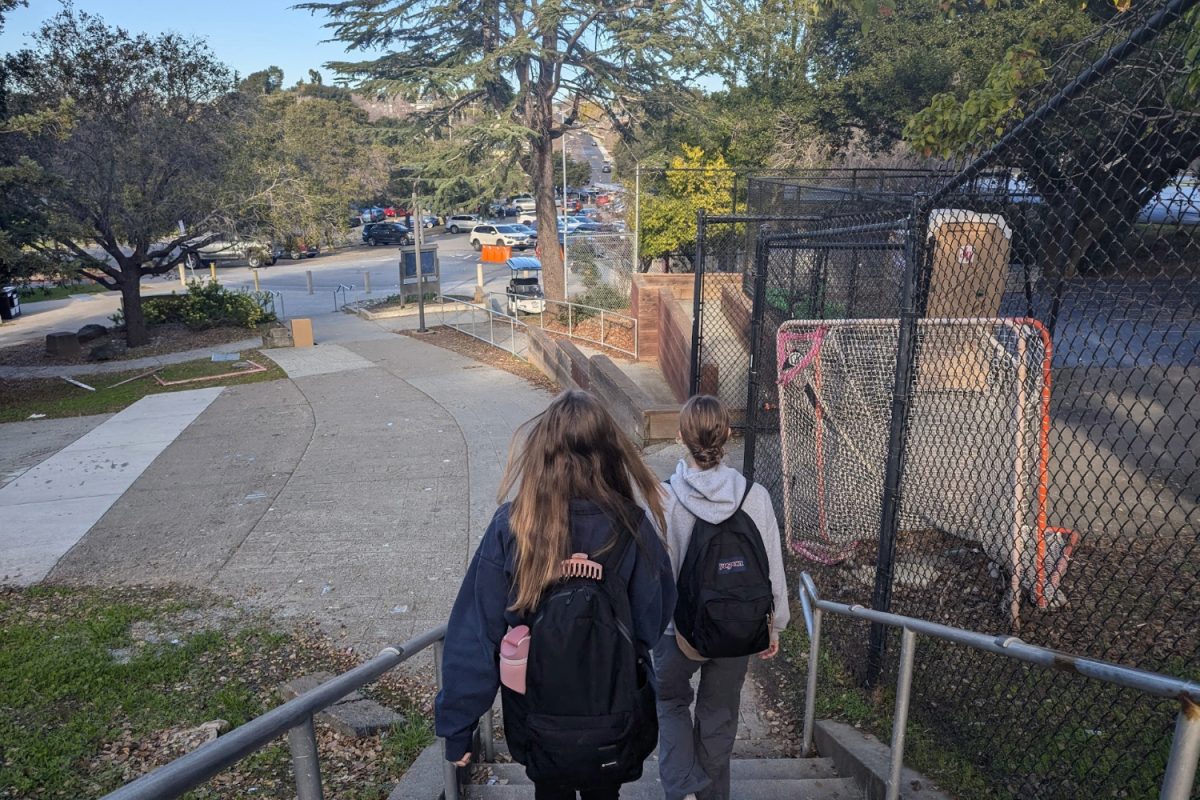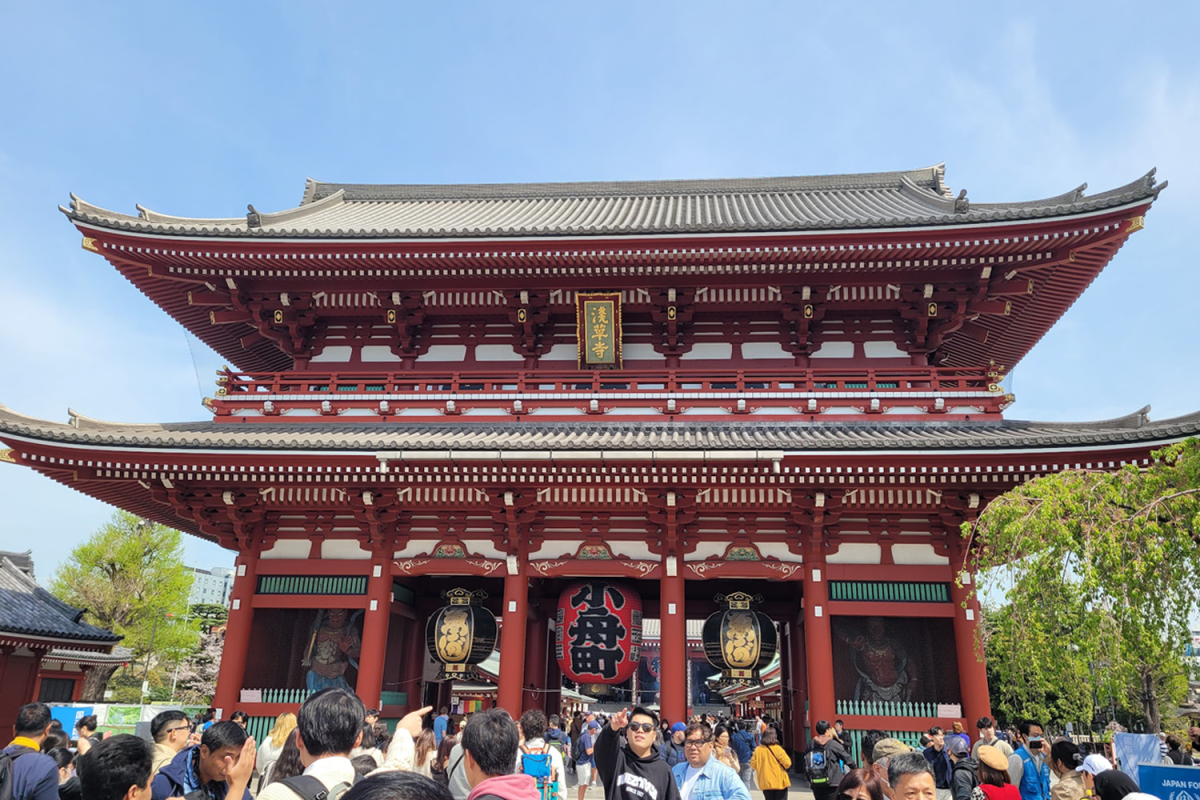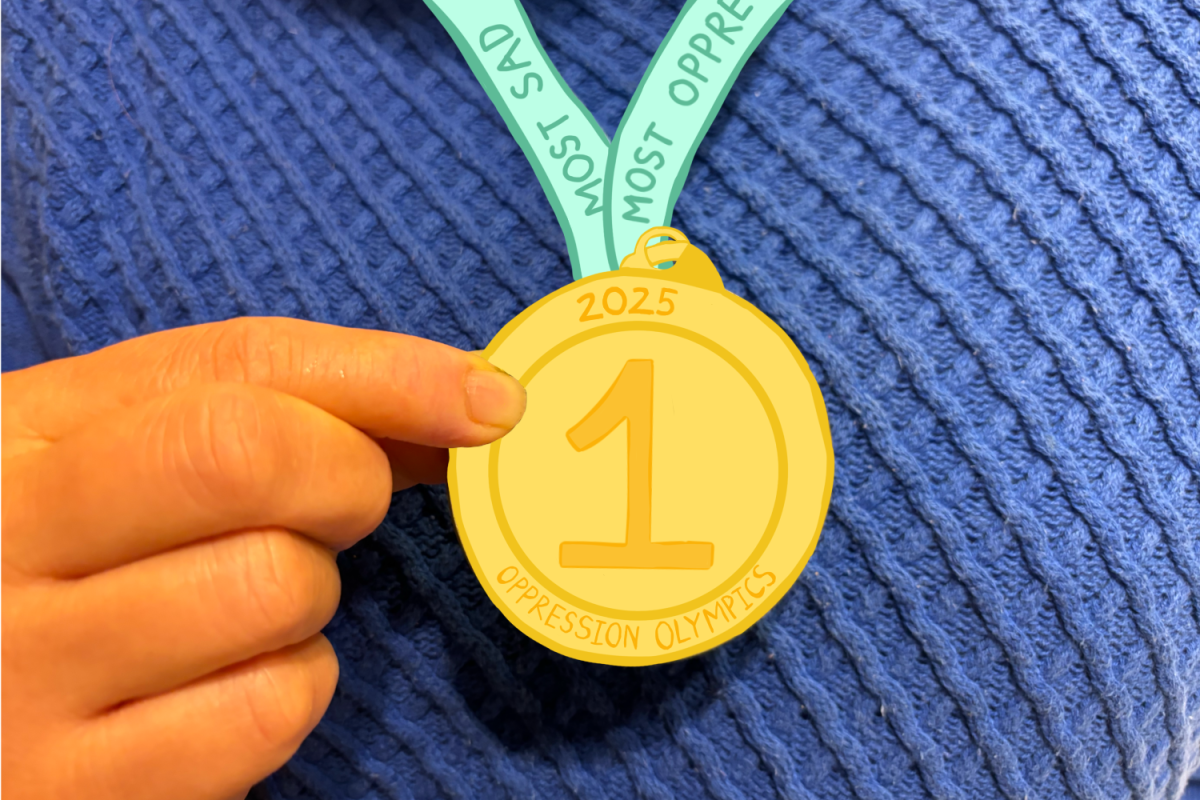It is sometimes difficult to differentiate between opinion and reality.
Look to the many books that are recommended and required for students to reach in high school and middle school: Anne Frank’s diary, Maus I, Maus II and Night. They all focus on similar points of view on the same subject, the victim’s perspective and only the victim’s perspective.
Had the book The Boy in the Striped Pajamas been a studied work, students would understand why some young boys and girls felt that at the time of the Holocaust it was right for the soldiers to destroy those who were outsiders to their society. John Boyne’s short novel illustrates the perception of a nine year old German boy who cannot comprehend that the soldiers were doing anything wrong, nor understand that his father, a top soldier, was a murderous man. To this young child, he only saw his father as a well respected man who was making his country proud.
Unfortunately, we have not touched on that perspective very often at Carlmont or in America in general. We do not always look at more than one side’s story. It can be agreed upon that the Holocaust was horrific experience for much of the world at the time, but in general, we rarely study why a small group did not see it as so. This point is just simply disregarded.
This oversight is not uncommon in many topics today. Our perception of world issues are constantly clouded by subjective information, limited information and sometimes just wrong information. Sometimes we simply hear one argument made over and over again and start to believe it without looking at it from a perspective other the one that is the most familiar.
Looking at our currents predicaments in foreign policy, what do we actually know about each of the situations? Does Libya actually want the U.S. to be involved with them right now? From what is said in the media, and from the typical American perspective, we think yes. But how do we know if that’s true of we aren’t learning anything about the other perspective.
What about North Korea? From what we understand, it is a problem if they have nuclear power because that means that the country can bomb us right? But do we know that North Korea actually wants nuclear power for that? Korea has power outages all the time, and need another source of energy to support their country. On top of that, nuclear power and nuclear weapons are not the same thing. While America sees other countries with nuclear power as a threat, we tend to forget that we are the most threatening of all to most of them.
Once again, few of us have recognized both sides of the argument. Few have looked at the Holocaust and said “I wonder what the German soldiers were feeling in this situation,” few have looked at North Korea and said “maybe everyone isn’t going to try and kill us because we seem so powerful”.
The common perspective is to believe in one side and one side only.It is hard to have a concrete opinion if one is not willing to listen to the opposing views with an open mind. Yet, we have failed to do that. Our American perspective is a limited one and one that needs to change. We need not be afraid to discuss both sides of a tragic time in history or suggest other reasons and motives behind people’s actions. One might actually find this quite refreshing.









